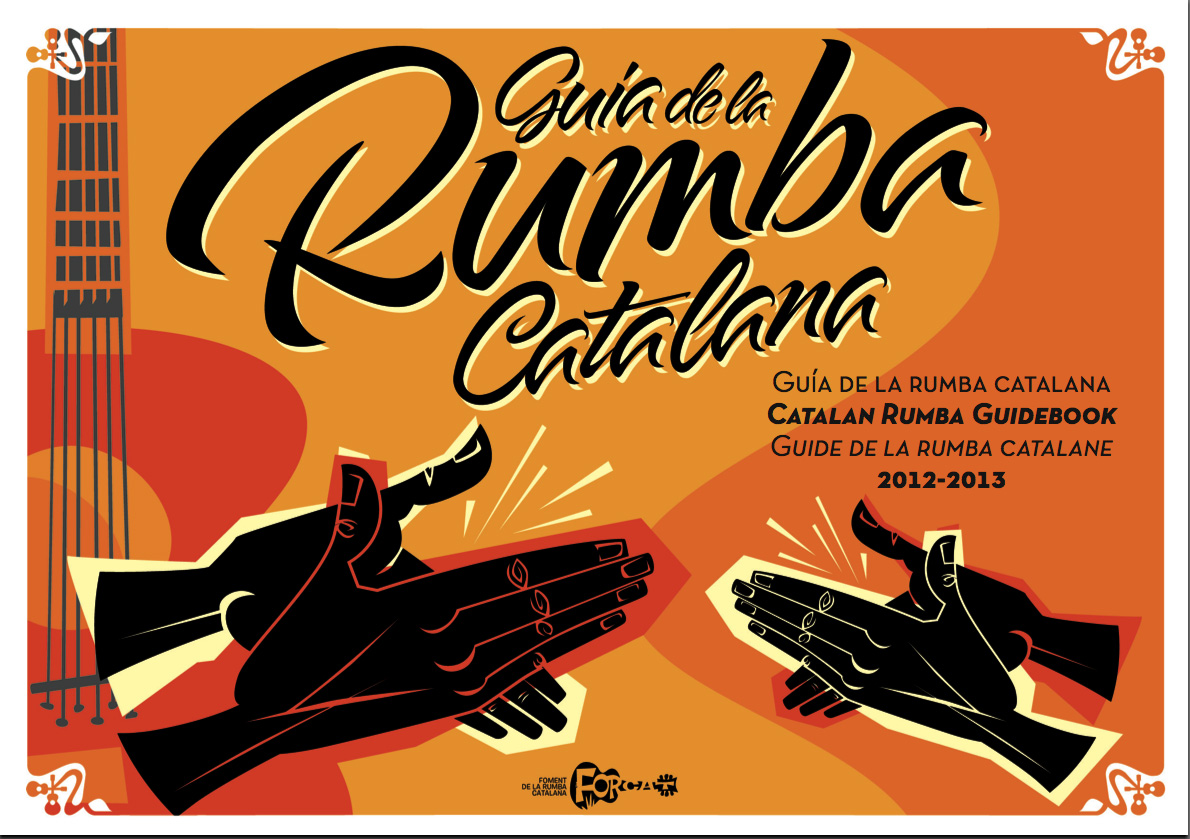

Rumba Catalana as a music genre has been very influential in the overall Spanish music scene over the past 70 to 80 years. As with most artistic expressions its origins are difficult to ascertain and are generally the center of debate. There are a number of origin stories for this unique and different rumba as will be explored below, and there may even be an Andalusian connection. While sipping a gin tonic in your monthly flat rental in Barcelona and enjoying rumba catalana on an LP consider the following discussion.
Most historians of this music genre can at least agree that this music form developed possibly from various sources with Cuban, Latin, flamenco and Gypsy influences dating back as early as the late 17th century. As you can see, that is quite a broad definition for a music category’s origin and yet specific theories provide interesting fodder for debate. An explanation that includes gitano, a word synonymous with Gypsy or Romani Spanish heritage, suggests that by their immigration into Andalusia and Catalonia during the 17th and 18th centuries they brought a flair for their own music with them. Over the centuries they speak Catalan in Catalonia in Spanish in Andalusia but have maintained their true musical origins by developing rumba flamenco in Andalusia and Rumba Catalana in Catalonia. How this music developed is even more obscure in the fact that it obviously has influences from Cuban, Latin and flamenco music. Yet there are other theories that include the garrotin style of music associated with the Gypsy community of Lerida, while still other cultural experts point to the influence of Cuban bands and Caribbean sailors arriving in Mediterranean ports having more influence on the style of rumba catalana than the Gypsies themselves.
As Catalan rumba was developing along a free course of creativity, it was being further integrated and refined in Andalusia with flamenco flair. During the 1970’s rumba catalana unfortunately experienced a period of rapid decline across Spain, mainly because the style failed to draw a line in the sand and incorporated any sound or alteration to its original style. It became synonymous with crude parties, tasteless music and withered as a style. However in Andalusia, with flamenco’s more
Please let us know your favourite rumba flamenco and rumba catalana songs below and your favourite artists so others can discover this rich genre of music from Catalonia and Andalusia.
Barcelona’s Mediterranean climate, with increasingly warmer and longer summers, makes air conditioning an essential feature…
Maybe you're thinking about selling a property or you've just inherited one or more real…
Do you enjoy strolling among trees and plants, away from the hustle and bustle of…
If you are planning to move to Barcelona for a few months or permanently, one…
ShBarcelona establishes itself as the leading agency within the Apialia Eixample Group, reaffirming its position…
Are you going to visit Barcelona this 2025? The vibrant Catalan capital once again becomes…